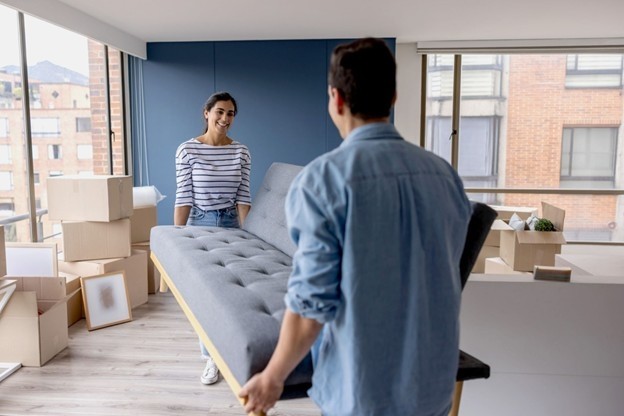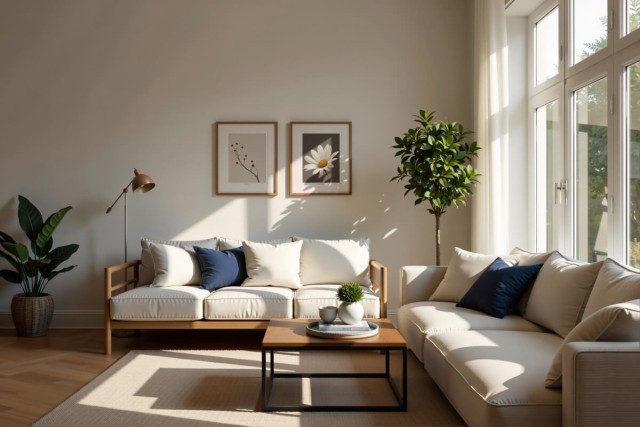San Diego is a year-round al fresco kind of city. With weather this good there’s no reason not to bring the kitchen outdoors. But wait, actually there is – because laws and regulations prohibit it.
If there’s one thing that people in Southern California dread it’s fires. Many, many regulations have been put in place to reduce the potential for fires, particularly in apartment complexes where a large number of people live in close proximity. Cooking is the number one cause of fires in apartments, according to FEMA. Because of this fact, many states, cities, and apartment communities began to reevaluate safety codes.
Today, the California Fire Code prohibits the use of most grills on apartment patios and balconies. Here’s a quick run down:
- No open-flame cooking devices are allowed on combustible decks, patios, etc. or within 10 feet of structures.
- The one exception to the rule is apartments that have automatic sprinkler systems on the deck or balcony.
- If your apartment does have automatic sprinkler systems, you still can’t have a gas grill with a propane tank larger than one pound gas capacity.
There are still ways to enjoy a good old-fashioned BBQ at your apartment. You’ll just have to make a few adjustments with your cooking equipment and take extra precautions.
Apartment Grilling Safety Tip #1: Get an Electric Grill
There are no regulations or laws that say you can’t have an electric grill on your patio or balcony. It won’t have that smoky BBQ taste, but an electric grill can provide a nice char and it’s a healthy cooking option. Bonus: some electric grills can convert for indoor use, so on those rare rainy days you can still grill out.
Apartment Grilling Safety Tip #2: Take Advantage of the Community Grills
Most apartment complexes accommodate grill aficionados by providing community charcoal grills. These are usually located in a common area that is a good distance from any of the buildings. It’s not as convenient as being able to cook right outside of your patio door, but it’s easier than lugging everything down to a local park and you’ll know that your apartment is safe. Just be mindful that it’s a shared space – clean up after yourself and make sure the charcoals are completely out once you’re done cooking.
Apartment Grilling Safety Tip #3: Never, Ever Leave the Grill Unattended
This is the cardinal safety rule of grilling. All it takes is one good breeze to blow ashes out of the grill and onto the ground, nearby furniture, etc. It can even be dangerous with an electric grill if it gets knocked over or there is a mechanical failure. If you have to step away for a moment designate another person to keep an eye on the grill.
Apartment Grilling Safety Tip #4: Know How to Use Your Equipment
The National Fire Incident Reporting System notes that operational deficiency and misuse together account for 47% of grill fires on average. In other words, there was a human element involved in what went wrong. Before using a grill, make sure you are well aware of how it operates and the proper cooking methods.
- Plug electric grills into a grounded outlet.
- Keep cords out of pathways so that people don’t trip or knock over the electric grill.
- Never add lighter fluid to any grill after it is already going.
- Always check to make sure the propane tank is properly connected on a gas grill.
- Always make sure the propane is turned off after using a gas grill.
- Clean the grill grates after each use to remove grease and buildup.
- When using a charcoal grill, stack the coals into a pyramid before adding lighter fluid and then wait about a minute before lighting them.
- Use about ¼ cup of lighter fluid per one pound of charcoal.
Apartment Grilling Safety Tip #5: Always Reference the Property Regulations
Just because the California Fire Code gave electric grills and compact gas grills the okay doesn’t mean your apartment complex did. At the end of the day it’s up to the property owners to decide whether they want any cooking to be done on patios and balconies. Decisions are typically risk-based and the architecture of the building can also be a factor.




